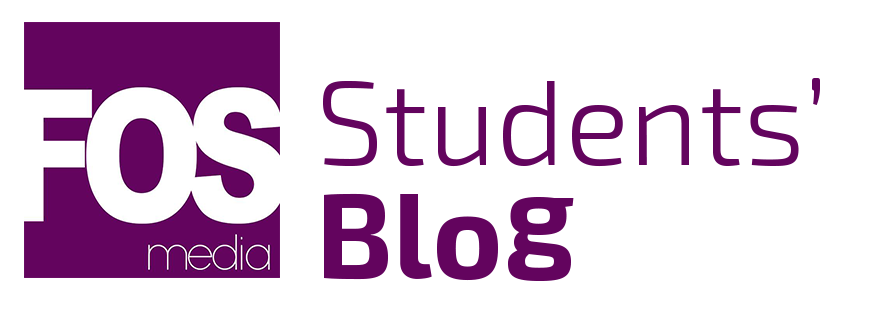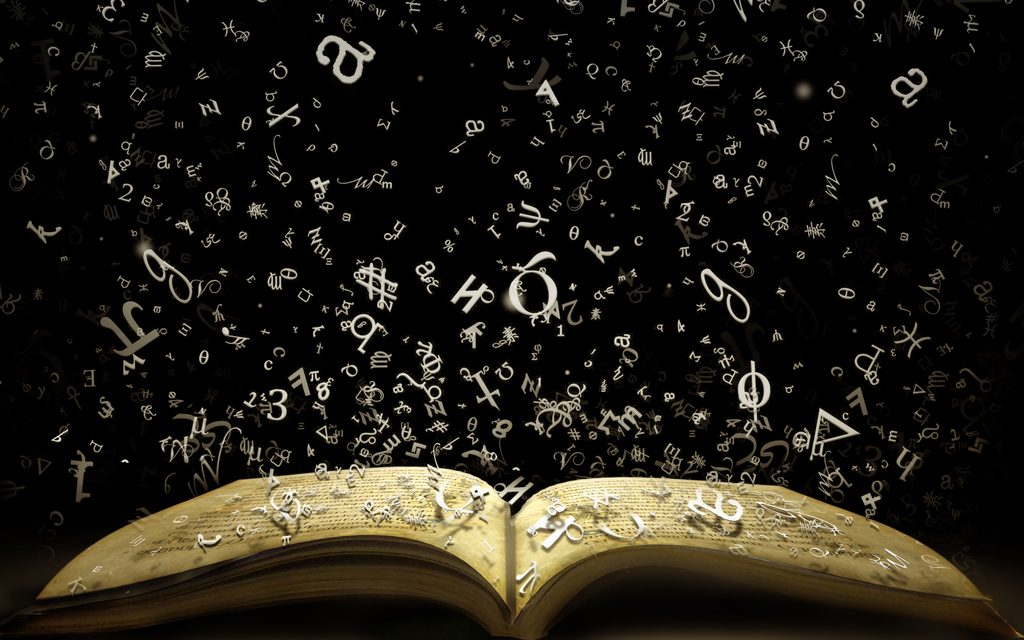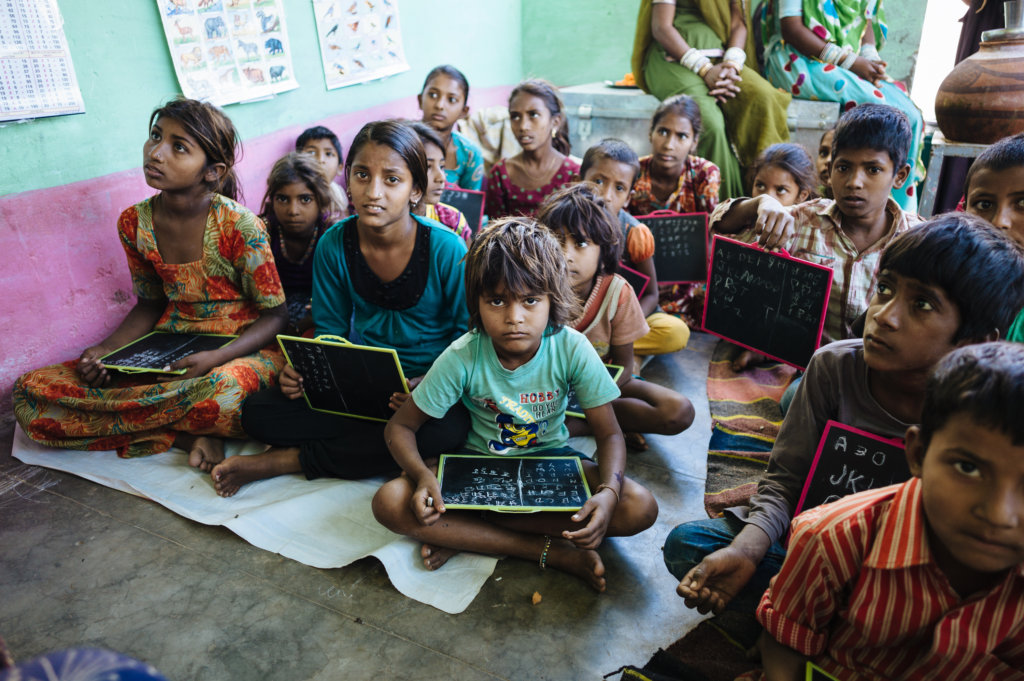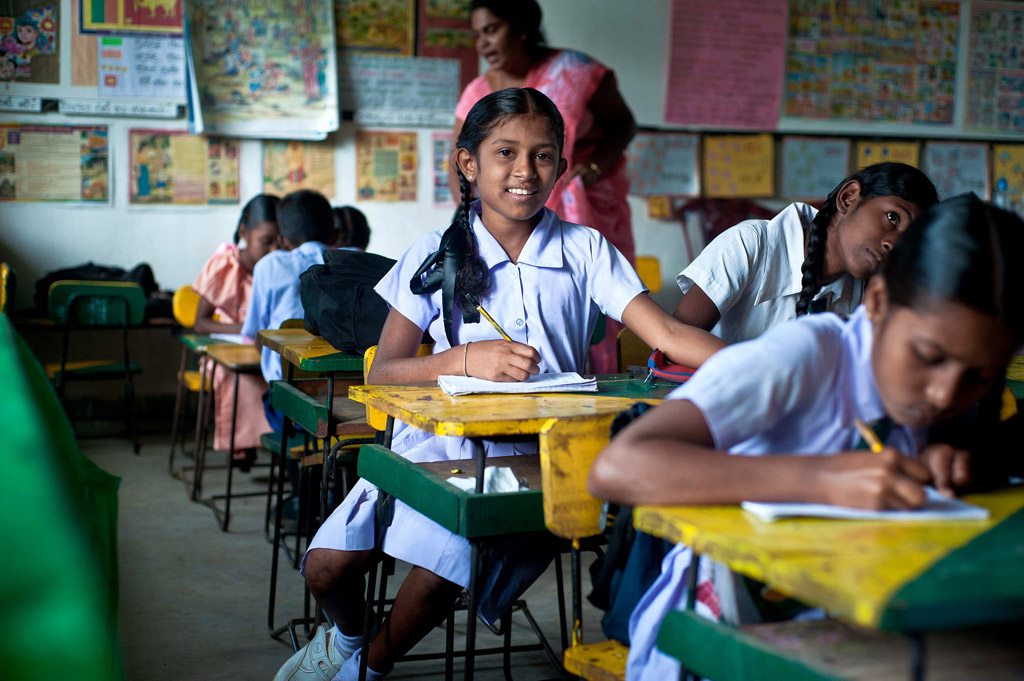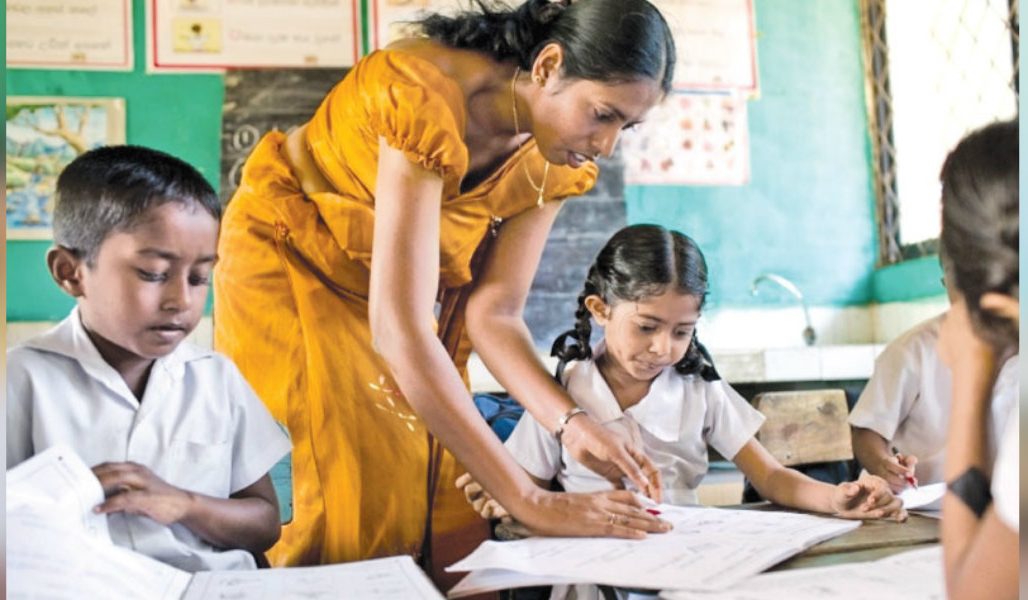When I was 5 years old, my grandfather passed away, leaving nothing but his blurry memories. As I grew older, these memories faded away into the past, until his familiar smell, soft voice and gentle presence made sense no more. With time, I had forgotten the man I once called ‘my hero’ and appeared a mere stranger to me.
Until recently, I met him again. Or at least, I found his diary!
My grandfather’s mere thoughts painted over the old pages of a coverless book, escaped from the black and white surface, and seeped into my vulnerable heart. My grandfather was a writer and the moment I read his writing, I saw his heart split in half, and it was beautiful. In many ways we were alike, him a nd I, and through reading his raw emotions off the paper, an invisible connection had been made. I could remember his voice again!
That day was the day I realized the power of words.
Through words, we build connections. Letters on paper are tangible proof of our emotions and feelings. The teachings of great philosophers such as Lord Buddha or geniuses like Einstein would not have been passed down or shined through time and space if it were not for the tangible proof of their work of mind. Literacy is not only a mere necessity required to find out the contents in your food packaging in the supermarket or to read off road safety signs, but also a medium of connectivity between mankind of the past, present, and future. So, imagine how in vain are the 773 million unwritten life stories of the illiterate, which could never be read and merely lived to be forgotten.
World Literacy Day
World Literacy Day is celebrated annually all around the globe on the 8th of September since the year 1967, as declared by the UNESCO ( United Nations Educational, Scientific and Cultural Organization) as a reminder to the world, the significance of literacy as a matter of dignity and human rights with an aspiration to give rise to a more literate and sustainable society. Traditionally ‘literacy’ stands for one’s ability to read and write, however, UNESCO defines ‘literacy’ as the ability to identify, understand, interpret, communicate, and compute, using printed as well as written materials, associated with varying contents.
According to UNESCO every year the World Literacy Day is celebrated based on a theme and this year’s theme appears to be “Literacy for a human-centred recovery: Narrowing the digital divide”. Illiteracy had always been an invisible problem, yet the COVID-19 crisis has opened eyes to see beyond invisibility, highlighting the critical importance of literacy. About 90% of the world’s student population is severely affected due to the closure of schools due to the pandemic and amidst the current situation, steps have been taken through distance learning procedures, while striving to overcome illiteracy. Due to online and distance learning, the pre-existing inequalities in the field of education have been magnified and began to stand out prominently than before.
Why is literacy important?
Knowledge is power and the empowerment from it enriches us with self-worth and dignity. A literate brain is a healthy brain, as reading, writing, and working with numbers is a form of mental exercise for the brain, thus resulting in much healthier brain cells, thereby reducing the risks of developing brain diseases such as Alzheimer’s or dementia later in life. Literacy is important in the economy as it creates more job opportunities. A literate person is less likely to be unlaboured, thus a key to breaking the cycle of poverty. Lack of literacy skills often limits social connections and proper communication. Being literate means that you can fully understand and follow given instructions, tap the vast pool of information available online, write emails or letters, and recognize all kinds of symbols.
Reading and writing are a crucial portion of a child’s development as well as an essential skill of an adult. It also enhances and extends oral language abilities across the lifespan. In developed countries, up to 90% of preschool-age children with delayed language development become later diagnosed with a reading disability and up to 30% of kids with speech disorders also have a reading disability. Being illiterate can make this problem even worse.
Inequality breeds illiteracy
Illiteracy is an invisible fire burning the future of the youth, all around the world. Even with the growing progress of literacy among the public, the world still carries around 773 million young people and adults who are lacking basic literacy skills, and two-third of them happen to be women. Illiteracy is also a matter where gender i nequality plays a part, as in some countries and societies, men are considered superior to women where it is strongly believed that men deserve all the education and jobs while women belong in the kitchen. Regardless of the tremendous endeavours made over the past 20 years, girls are still more likely than boys to never step foot in a classroom.
Another phenomenon that has a cyclic relationship with illiteracy is ‘poverty’. Due to a lack of literacy skills, one may not be qualified for jobs with reasonable pays, thus pacing down the road of poverty, where their children might not be able to encounter proper educational facilities or resources, thus leading to their illiteracy, thereby creating an illiteracy-poverty cycle. Caste discrimination, social disparity, child labour, and technological barriers are a few other major causes of illiteracy.
Developed countries are more likely to have a higher literacy rate than developing countries, and the gap between the literacy rates of the genders is almost negligible in developed countries. Most recent data shows that Sri Lanka’s literacy rate in the year 2018 was 91.71%, portraying a decline of 0.18% from the rate in 2017, thus our country’s degree of ‘knowledge’ is tailing off. When considering the gap between the literacy rates of the two genders in Sri Lanka, males have a higher literacy rate than women in every age group. The estimated computer literacy rate in Sri Lanka is 32.3% and the digital literacy rate is 50.1% for the past year, which appears problematic as the hope for education in the current day depends on ‘technology’.
How can we help?
Helping doesn’t have to be on a large scale, it could be gifted in infinitesimal means. We could volunteer to tutor children in the community, children from poor family backgrounds, or rural areas who are unable to attend school. During your leisure time, take up part-time teaching jobs in Sunday schools and institutions with disabled children, affected by autism and Down syndrome while making a difference, chapter by chapter in the life story of the innocent.
Books are a great way of passing on the knowledge through generations, thereby donating books to public libraries, local classrooms, and to children with families who cannot afford to buy them are means of passing knowledge. Sponsoring student tuitions to families who are unable to provide is also a huge meritorious deed, as you are directly or indirectly creating a future for those in need. Lending education or sharing the knowledge hat we already possess is not t hat complicated. From teaching your juniors in school or campus to teaching your illiterate grandfather to read his mail, introducing the alphabet to your infant cousin, and sharing e-books, study materials, and educational videos online are all limitless ways you can change lives because microscopic change is still ‘change’.
When sharing knowledge, we are building up a better and much more educated society for the current and future generations, and by standing up for basic educational needs and illiteracy, you are speaking up for human rights. Let us all speak up for the unheard voices because, at the end of the day, everybody deserves to write their unique life story and has a right to pass on their own happy ending through generations to come!
Image Courtesy:
Featured image: https://bit.ly/2WZZNE3
Content Image 1: https://bit.ly/3havhP5
Content Image 2: https://bit.ly/3E3LKPd
Content Image 3: https://bit.ly/2WZkBLT
